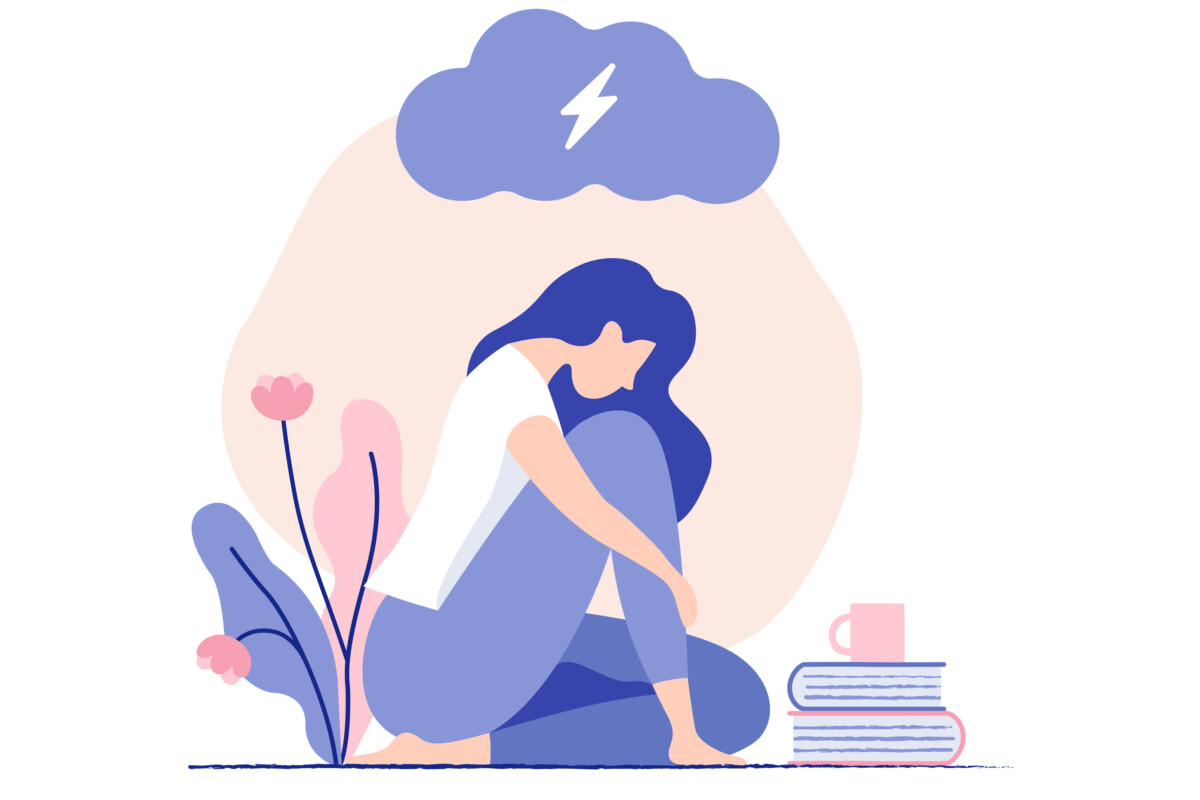Coping With Unavoidable Stress

When stress pops up in our lives but quickly goes away, it doesn’t usually have any lasting effects. The more often it appears, however, and the longer it lasts, the greater the effect stress has on our physical and mental health.
Our body’s stress response is designed to help us fight or flee when threatened. It causes us to secrete hormones that make our heartbeat and our breathing speed up. Our blood pressure and the level of glucose in our bloodstream go up as well.
In the short term, these reactions to stress aren’t usually an issue. The cause of stress goes away, our stress hormone levels go back down and we’re ok. When the stress is long-term, however, we wind up living with higher levels of stress hormones for long periods of time. This is associated with multiple health problems, including high blood pressure, diabetes and obesity.
Unfortunately, it’s not always possible to avoid long-term stress. When we lose a job, have a serious accident or find out a loved one has cancer, we are going to be stressed. When stress can’t be avoided, the next best thing is keeping both our stress and the underlying cause at manageable levels. One of the greatest tools in our toolbox, at this point, is our own health.
When we’re under stress, it can be tempting to let healthy habits go. We may not have much time for exercise. Eating comfort foods may seem like our only consolation. Isolating ourselves with our troubles may seem emotionally easier than talking to someone when we need help. Healthy habits aren’t easy in the best of times, so why would they be easier when we’re stressed out?
Stress isn’t going to just go away because we take a walk in the evenings, eat healthy foods instead of high fat, high sugar, treats, or take the time to talk to a friend. However, we will be healthier and stronger for sticking to these habits.
Sometimes keeping ourselves strong and healthy is the only way to deal with the things that cause us stress.
